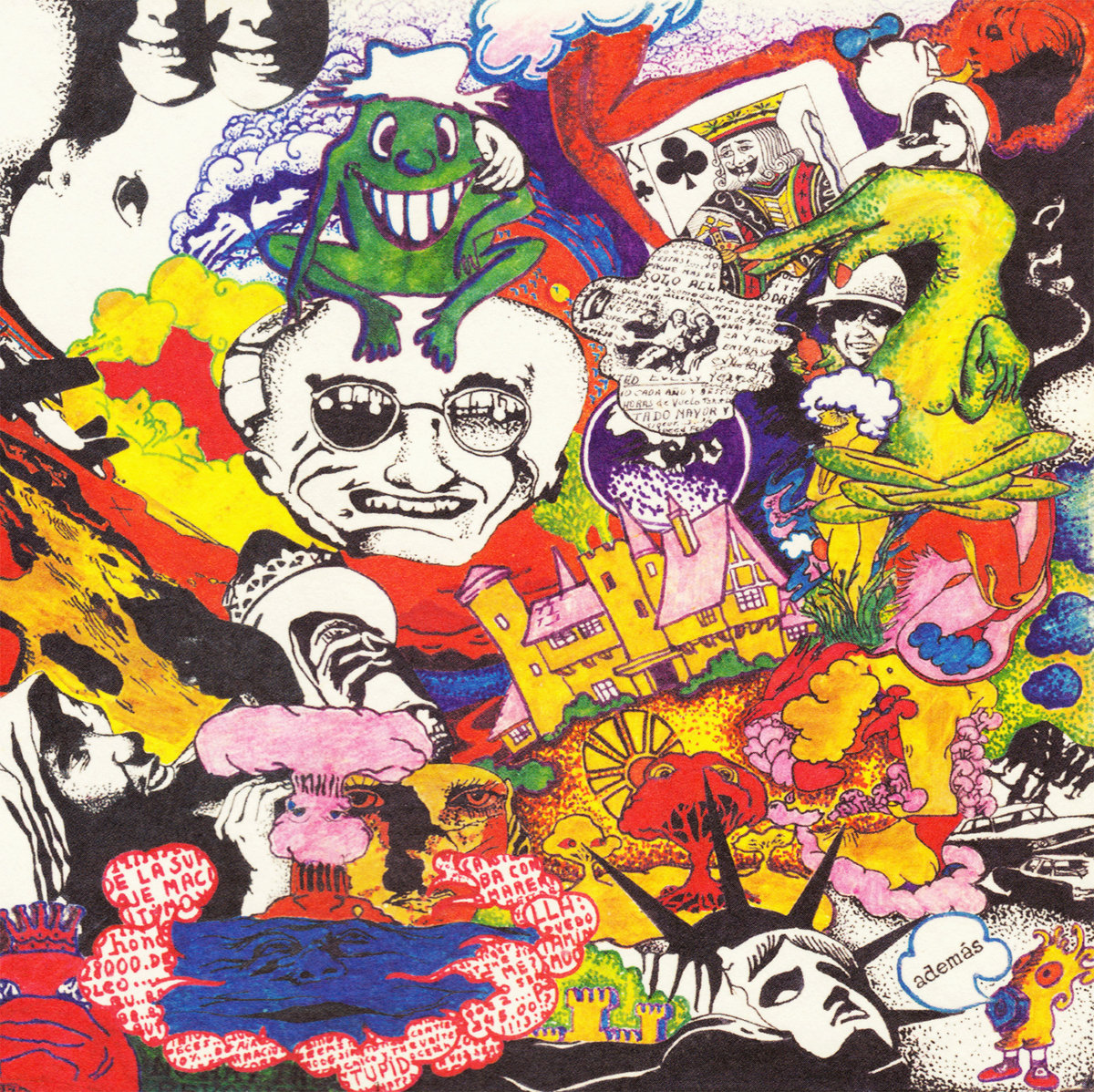Prog rock ballads are quite rare, so I'm happy to add this "Mind over Matter" to my blog. It's the opening track from the album "The Young and Restless" and has the mellow, pastoral taste of some Golden Era bands (a "Trespass" feeling, if you ask me). The sung melody is simple and effective, while the instrumental breaks are light and redolent. Sure, this is not a musical revolution, but I sometimes indulge to plain and delicate flavours, especially when the musicians know how to write and play their music.
"The Young And Restless" was the fourth studio album by Us.
After all, the Dutch band Us is an experienced one, lining up a rich discography and an indisputable skill when it comes to melodic prog. See how guitars and keyboards melt into a coherent sound in this song and how the vocal harmonies are well found. Six minutes of peace... not a negligible gift nowadays!
:format(jpeg):mode_rgb():quality(40)/discogs-images/R-6773591-1426343596-5499.jpeg.jpg)

